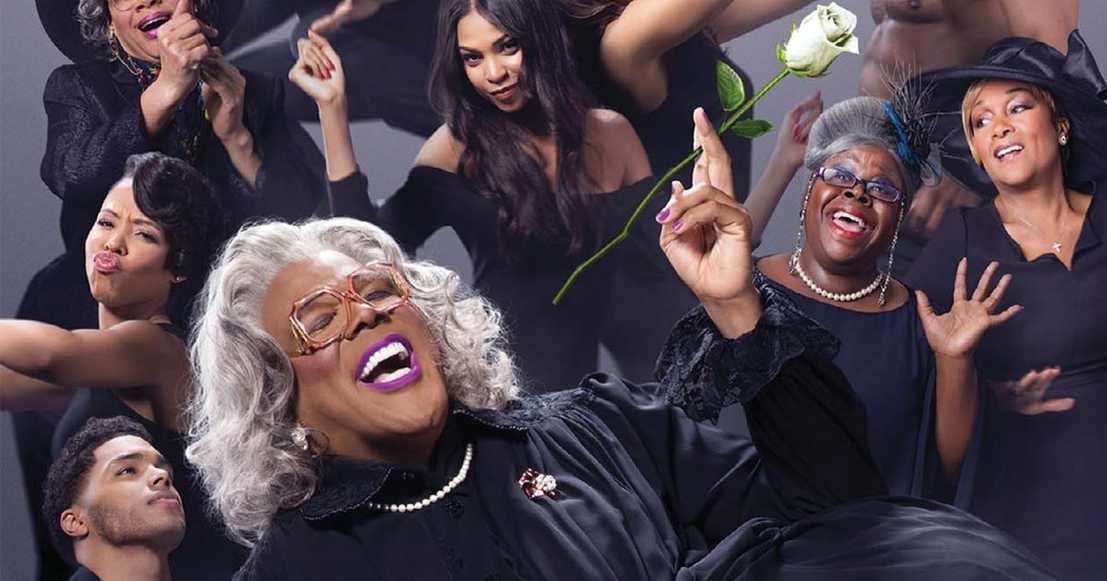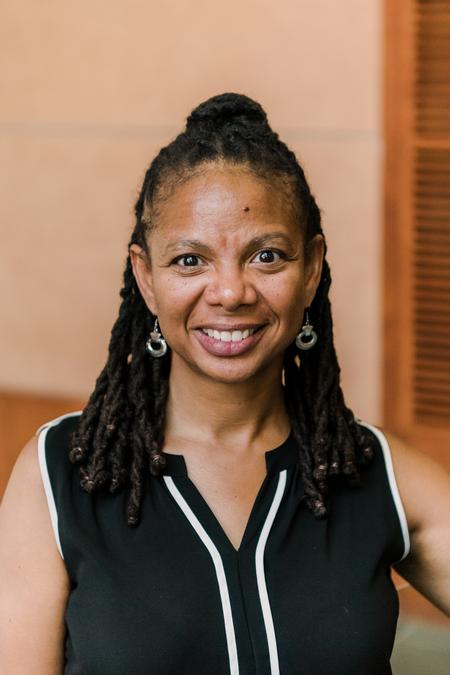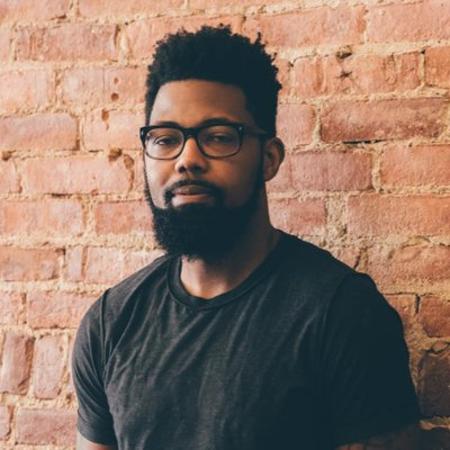Tyler Perry’s Studio: Success For Black Hollywood Layered and Complicated
A look at Tyler Perry’s massive new Atlanta studio and how he paid for it by successfully perpetuating stereotypes through Madea franchise.


Actor, writer and director Tyler Perry has been in the news a lot this week. His new studio in Atlanta is an absolute marvel. The complex covers 330 acres and houses 12 soundstages. And the whole thing is built on a former Confederate army base, which indirectly highlights the importance of the fact that a black man now owns it.
But, while Perry’s achievement is being praised for its significance to Black Hollywood, it is difficult to ignore the characters and stories involved to make the money that made all of this possible. Think of his “Madea” films and the way they portray not just black women, but the entire black experience. Think of the intense criticism he has received for making money off black stereotypes.
Does this mean Perry’s new studio is compromised? Does it mean Black people should not be celebrating the ascendancy of perhaps the most powerful black moviemakers of all time?
Detroit Today’s Stephen Henderson is joined by Co-founder of VerySmartBrothas.com Damon Young and Dr. Kimberly Moffitt, associate professor and director of the Language, Literacy and Culture Doctoral Program and affiliate associate professor of Africana Studies at the University of Maryland Baltimore County.
“We still see the same, repetitive, one-dimensional characters of black people, especially black women,” says Moffitt. Young adds that, “expecting him to be better, is like going to McDonald’s and expecting there to be steak.”

